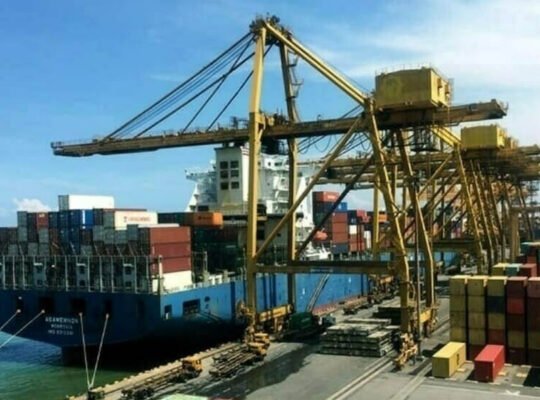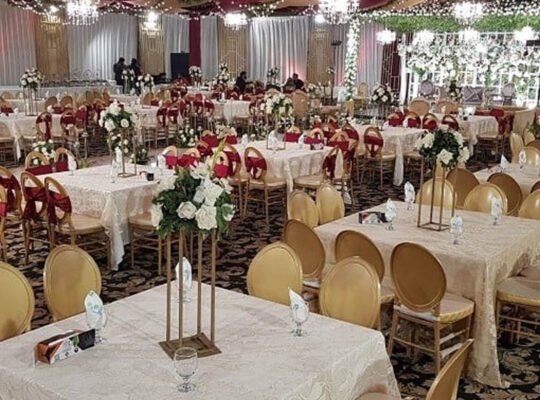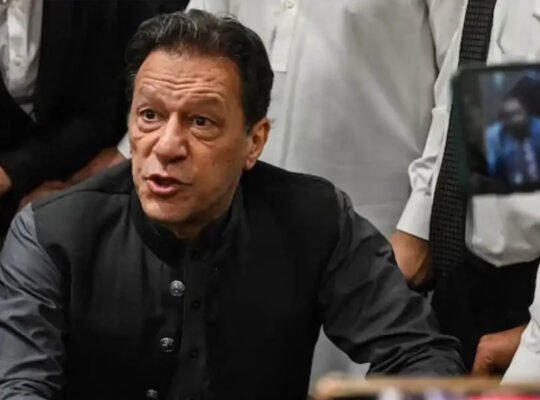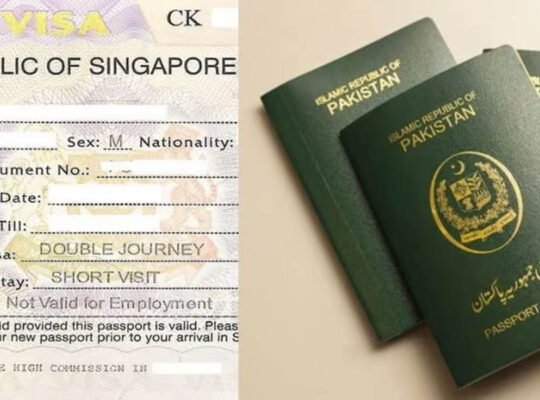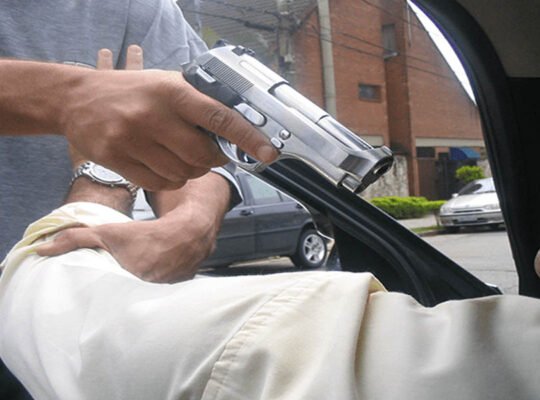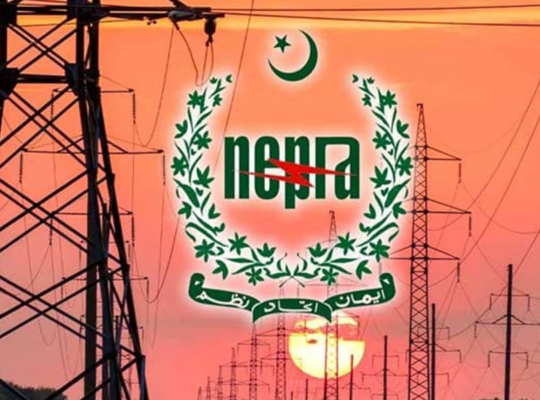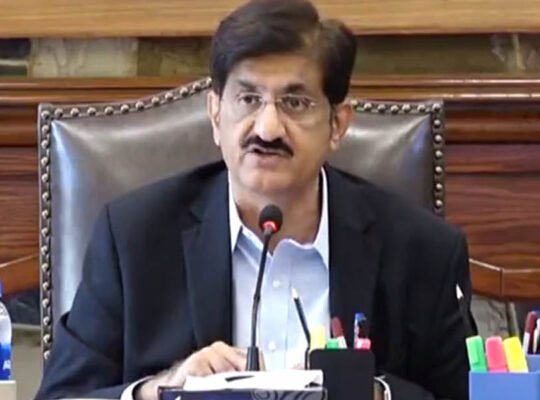The leather industry in Karachi is calling for government support to increase handbag exports, with industry leaders citing supply chain issues and high costs as key barriers.
Munawar Siddiqui, a leather industrialist, emphasized that Pakistan could boost its leather exports by addressing these issues, particularly through reducing downstream costs.
“The exports of leather handbags can be increased if the cost of the downstream chain is reduced,” Munawar Siddiqui, an industrialist, in a statement told.
Siddiqui suggested that offering the Duty and Tax Remission for Exports (DTRE) scheme to leather exporters could significantly lower costs.
A 50% reduction in customs duties on chemicals, along with no tariffs on sample imports and freight subsidies for samples, could make a big difference.
The industry also needs modern technology, a skilled workforce, and improved institutions to compete in the global leather market.
Siddiqui believes that with these changes, Pakistan’s leather exports could reach $2 billion annually. He called for higher government rebates and increased foreign direct investment (FDI) in the sector.
Another industry leader, Talib Naqi, shared findings from a recent study comparing Pakistan’s leather industry with Vietnam and Cambodia.
The study identified 10 major challenges, including a lack of quality raw materials, insufficient technical skills, high import duties on chemicals, and poor environmental compliance.
Naqi also noted that while Pakistan’s minimum wage is lower than in Vietnam and Cambodia, its labor productivity is also lower, and electricity costs are higher. He concluded that the high tariff on chemicals in Pakistan, which is 20-26 percent, compared to just 7 percent in Cambodia and 8.4 percent in Vietnam, is a major disadvantage.
“The cost of electricity in Pakistan was higher than in Vietnam, but lower than in Cambodia, especially in the case of the leather industry. However, the tariff on accessories used in the leather industry was zero in Pakistan. Cambodia and Vietnam charged some tariff on the accessories. The tariff on the import of chemicals was the highest in Pakistan as compared to Vietnam and Cambodia,” Naqi stated while quoting the findings of the study.
To remain competitive, Naqi urged the government to address these issues and reduce tariffs, especially on chemicals, to help the leather industry thrive.


